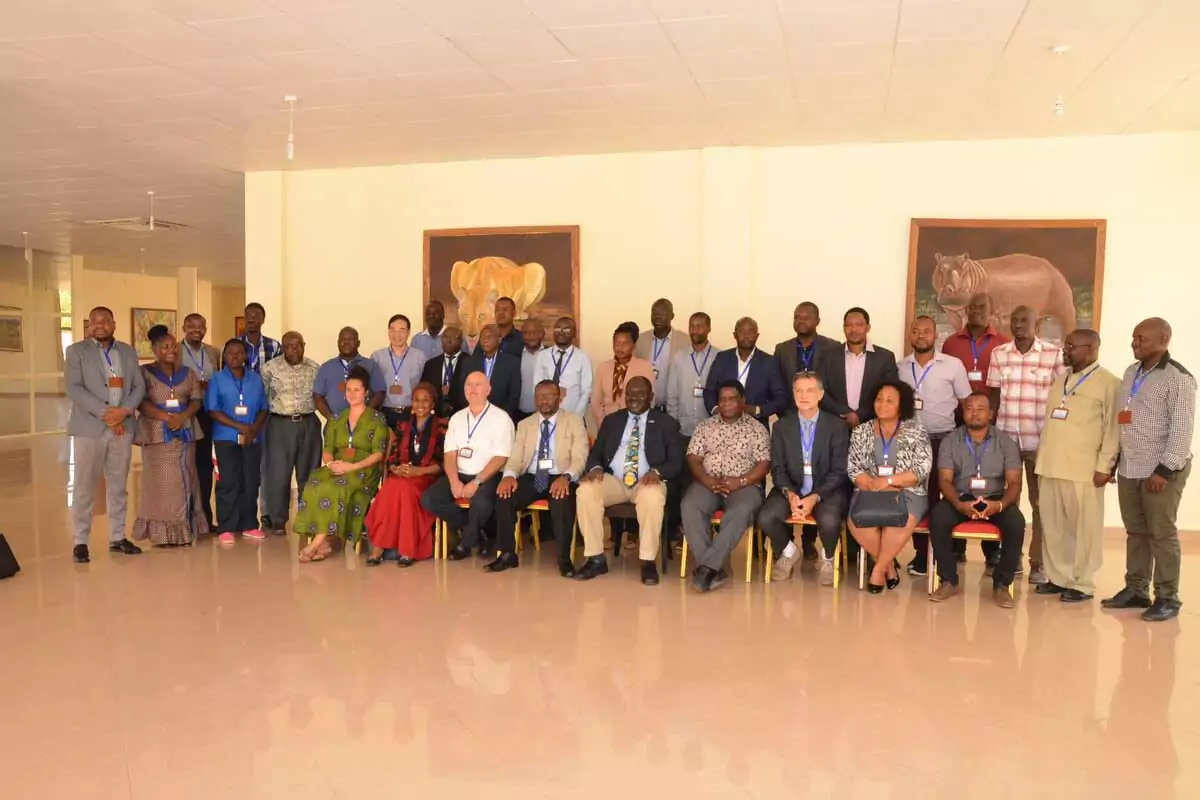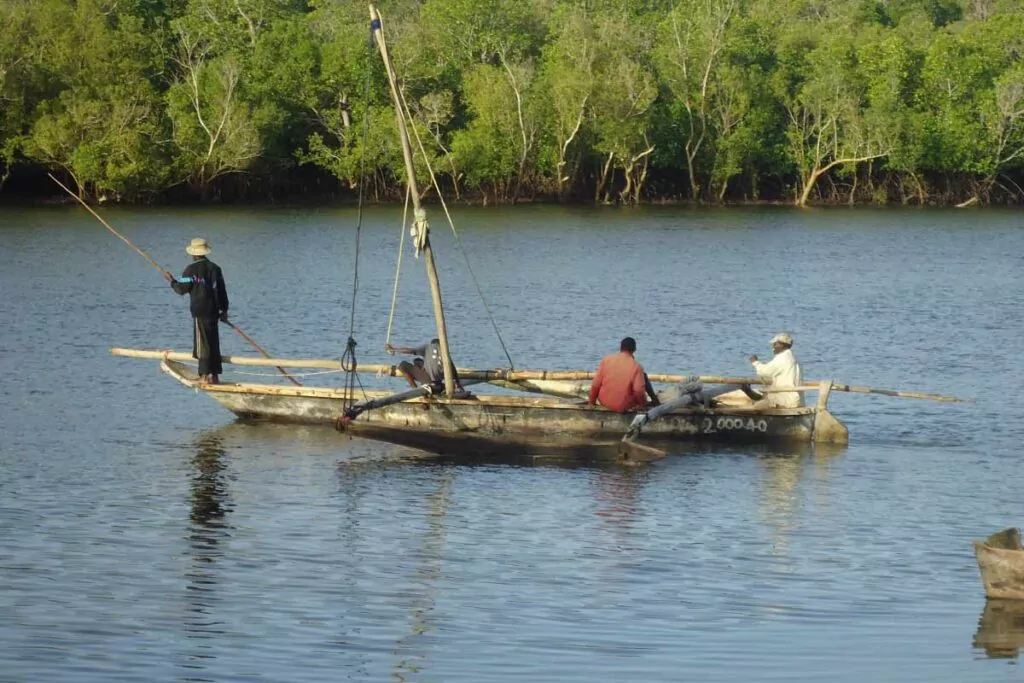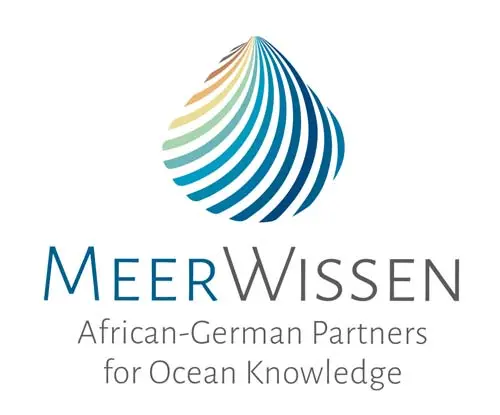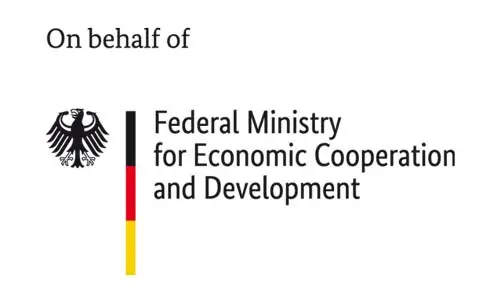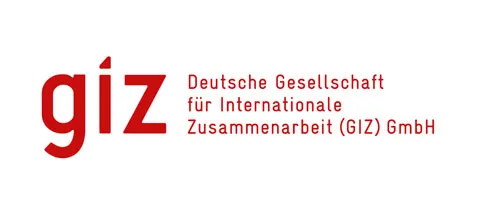Project on improved fisheries data handling for sustainable fisheries management in East Africa is launched
The Leibniz Centre for Tropical Marine Research in Bremen, Germany and its partners – the Tanzania Fisheries Research Institute (TAFIRI), the Institute of marine science in Zanzibar and the Institute of Fisheries Research in Mozambique – recently hosted a stakeholders and project kick-off workshop for the new project, FIDEA – Fishing Data East Africa.
The FIDEA is a two-year project funded by the German Federal Ministry for Economic Cooperation and Development and coordinated under the MeerWissen initiative in cooperation with WIOMSA. On 16 to 17 September 2019, TAFIRI hosted the kick-off workshop in Dar es Salaam, Tanzania. The workshop was attended by 34 participants from five countries, including representatives from WIOMSA and the Food and Agriculture Organization of the United Nations (FAO) – including representatives from FAO’s marine and inland fisheries branch and the statistics and information branch. It provided a forum for reviewing and discussing the current status of fisheries data and statistics in the region, and the state of submission of fisheries data to FAO’s global statistics database. Further, the application of digital tools for improving the collection of fisheries data was comprehensively discussed, including the strategies to be adopted by the countries or the region in order to move ahead with reporting on SDG target 14.4, in line with the United Nations standards.
Some of the key findings from the discussions in the workshop include:
- there are still discrepancies in the identification of fish stocks in the region, with most of the fisheries data still aggregated and relying on so-called “expert judgement” and not on long-term fish monitoring systems;
- most countries have not prioritized fisheries data collection and as such lack the relevant information required for making important decisions in fisheries management;
- most countries have similar fisheries and stocks yet rely on different monitoring systems and tools for data collection, making it difficult to compare and provide a regional synthesis of the state of fisheries;
- there are existing digital tools for data collection, e.g. eCAS and open art fish, which are already being used with some degree of success. However, there remains a need to work towards a common platform, which allows for easy access and exchange of the data for decision-making.
Reporting on the SDG 14.4.1 indicator “Proportion of fish stocks within biologically sustainable levels” is an important challenge for bridging these gaps. A policy framework needs to be developed through which national and regional institutions can work together to meet the 2020 target, given that all the countries in the region have the responsibility to report on their progress. To achieve zero overfishing by 2020, much needs to be done in the region and the first steps include enhancing institutional capacity and governance through partnerships, and enhancing capacity in the collection of fisheries data, analysis and reporting.
With partnership between the FIDEA project and the FAO, targeted training has been planned for next year (March 2020).
Read the local newspaper article
Download workshop report

